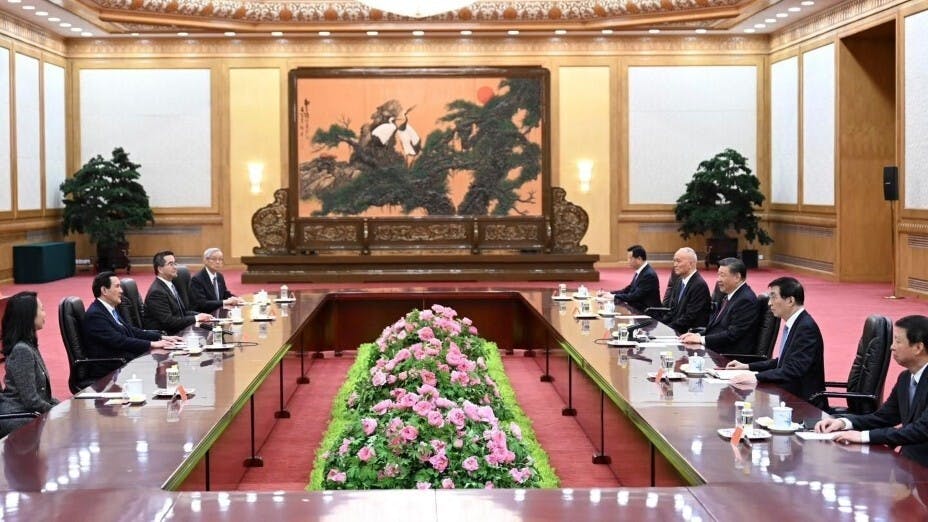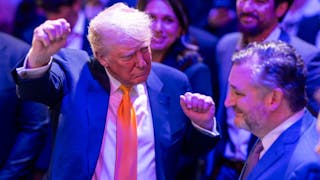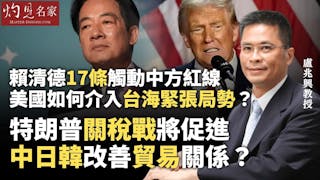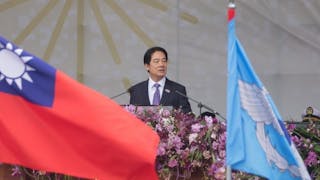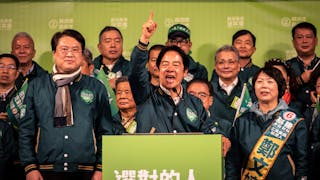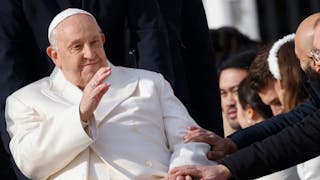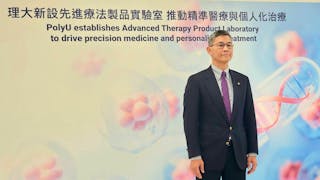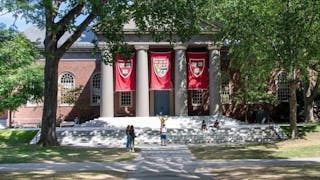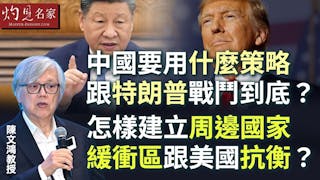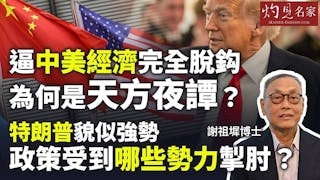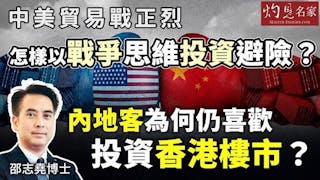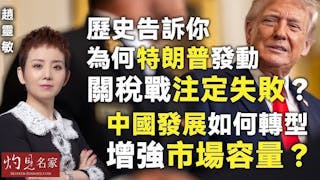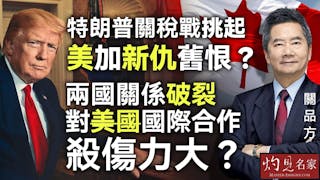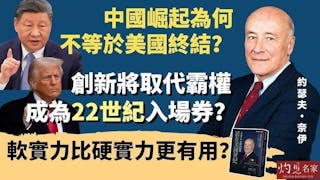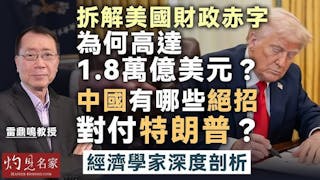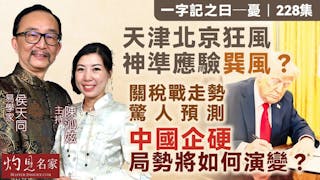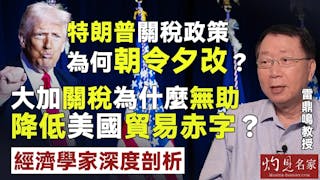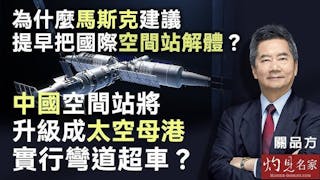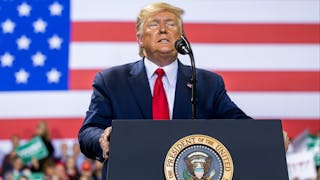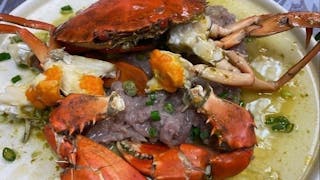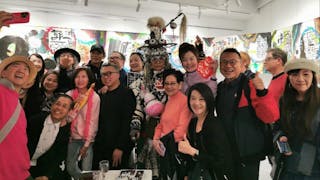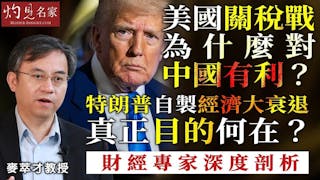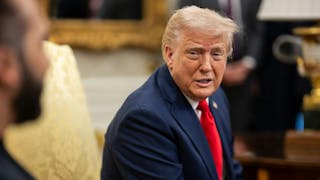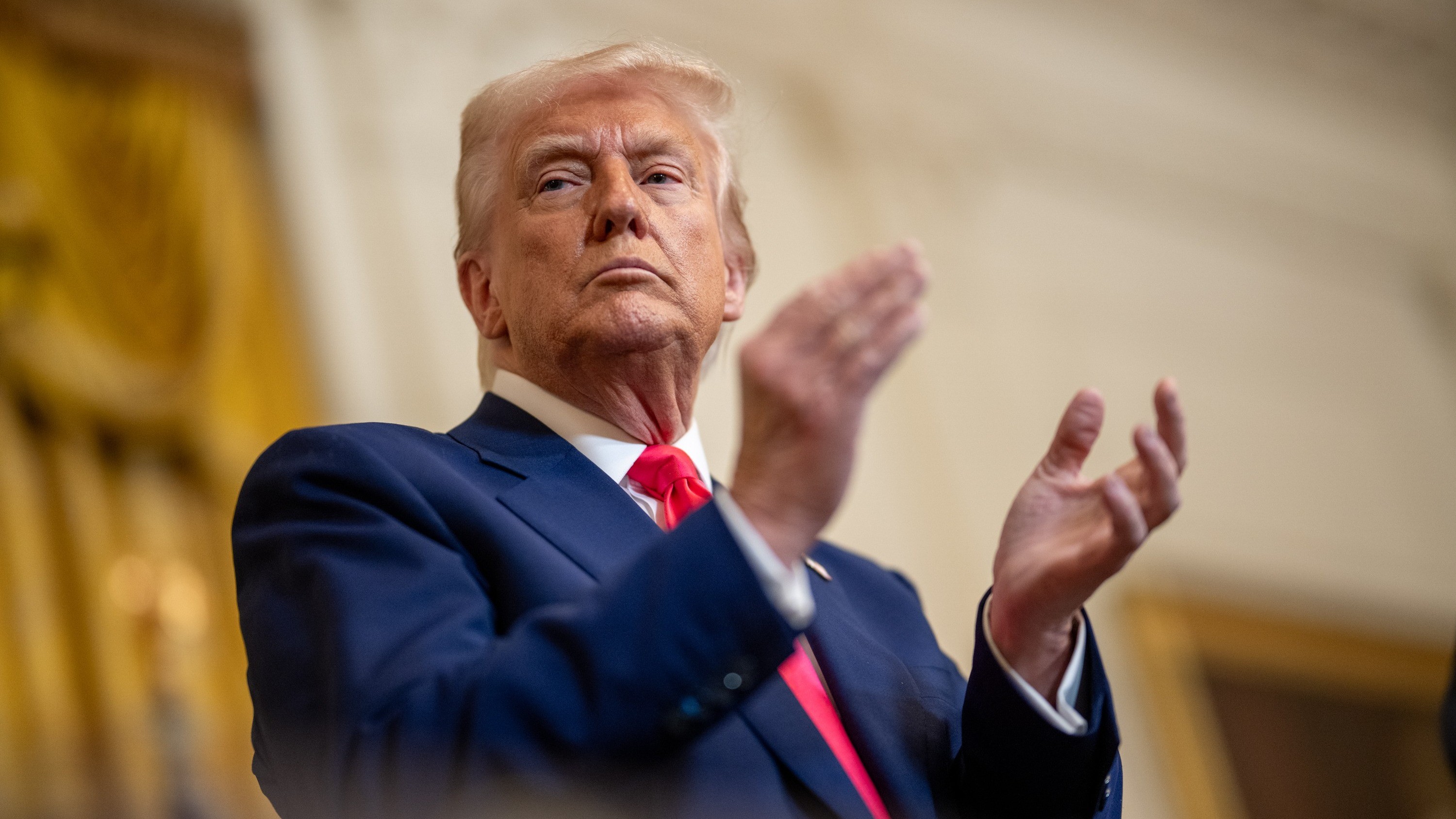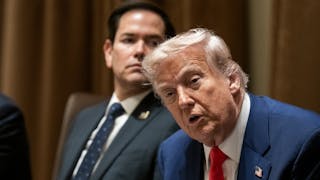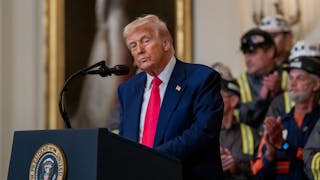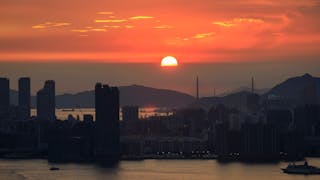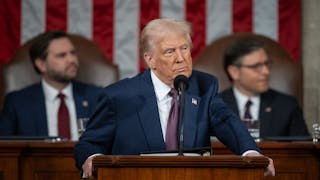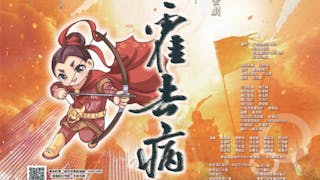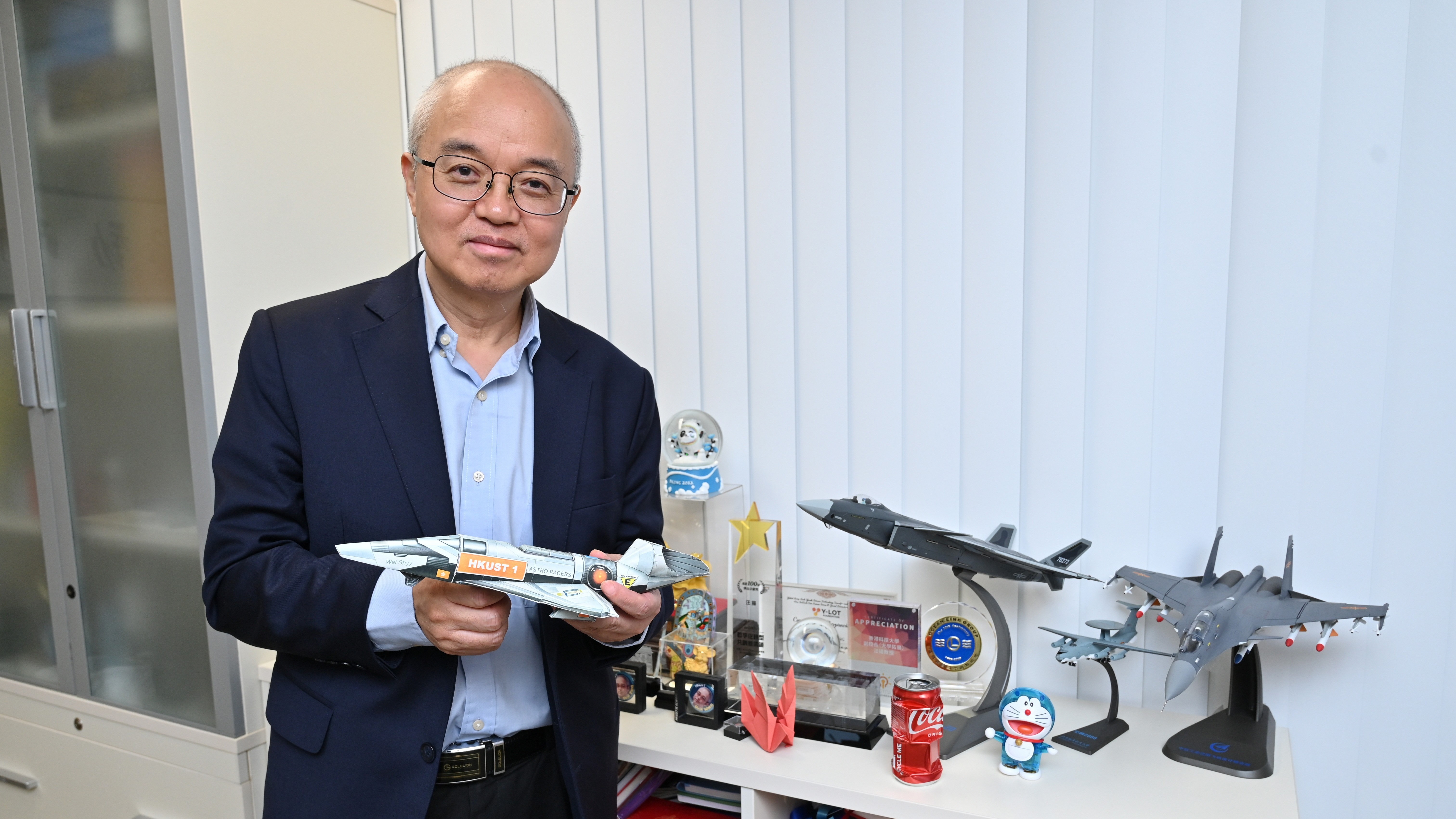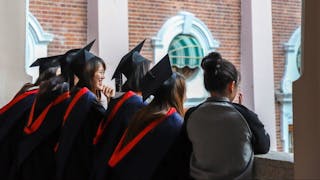距離5月20日台灣新任總統賴清德宣誓就職儀式前不久,4月11日,國家主席習近平在北京會見了馬英九,對兩岸關係產生了重要的政治和文化影響。
繼2023年3月為期12天的首訪大陸一年後,馬英九2024年4月訪問大陸,是經過精心策劃和安排的。4月1日,馬英九抵達深圳,國務院台辦副主任潘賢掌接機。當晚,馬英九出席了國台辦主任宋濤主持的晚宴,顯示內地方面對他的訪問高度重視。宋濤表示,兩岸同胞都是中國人,必須堅持支持九二共識(雙方都承認只有一個中國,其含義各自表述)、反對台獨、反對外國干涉的原則。此外,宋濤還說,兩岸不僅要促進各領域的合作與交流,還要促進文化和人民福祉。他強調了推動統一進程和中華民族復興的重要性──後來習近平主席在4月11日會見馬英九時重申了類似的說話。
大陸方面安排了馬英九及其代表團──包括許多台灣年輕人參觀了大疆科技、騰訊和比亞迪等科技巨頭,以及孫中山故居、黃埔軍校、中國人民抗日戰爭紀念館和長城等史蹟。4月4日,馬英九一行人訪問了中山、珠海和廣州後,赴陝西出席規模宏大、氣勢恢宏的祭祀黃帝大典。 馬英九由宋濤陪同,儀式主持人稱馬馬英九為中國國民黨前主席──這是對他正式和政治上的尊稱。儀式結束後,馬英九一行人參觀了馬援祠、馬援墓、法門寺、西安城牆、秦始皇帝陵博物院、國家版本館西安分館、陝西歷史博物館等。
參訪文化地點 政治象徵意義
如果參訪文化地點的政治象徵意義包含了歷史意義的話,那麼馬英九對大陸各個文化歷史名勝的訪問,則代表了對兩岸文化親和、融合的強烈呼籲。這些文化參訪先於馬英九這次訪問的重點──他在北京與習近平的會面。
根據大陸傳媒報道,馬英九與中國共產黨總書記習近平的會面是此次訪問的高潮。習近平總書記的講話概括起來有五點。第一,習近平表示,兩岸同胞都是中國人,沒有什麼心結不能化解。他說,沒有什麼問題不能商量,沒有什麼勢力能把我們分開;其次,習近平指出,制度性差異不能改變兩岸同屬一個國家、一個民族的客觀現實;第三,習近平指出,中華民族有一個共同的信念:領土不可分割、民族不可分割、文明不可終結。第四,兩岸同為一家人,應該像親戚一樣交往頻繁、更加密切。第五,希望兩岸青年在共同行走、共同奔跑的歷史道路上相互學習、成為志同道合的朋友、夥伴,以實現中華民族偉大復興的青春力量薪火相傳。
儘管馬英九沒有官方身份,但他以「外交」語氣回應了習近平的言論。他說:「我真誠地希望雙方能夠尊重各自人民的價值觀和生活方式。」馬英九認為,鑑於最近兩岸關係緊張,引發台灣一些人的不安全感,雙方都應該「有智慧和平處理爭端」。否則,任何衝突都將成為「中華民族難以承受的」。 馬英九的反衝突訊息得到了大陸方面的有效傳達,而他的訪問則注重文化親和力和團結性。 馬英九還一時口誤,將中華民族錯說為「中華民國」。
組建文化聯盟 增強青年交流
馬英九此次訪問的文化和政治意義重大。
首先,馬英九和習近平都強調文化統一,這意味着雙方可以而且應該考慮在未來某個階段建立文化聯盟,即使政治領導階層雙方可能存在政治分歧。文化一體的主題貫穿了馬英九4月1日至12日的訪問,大陸官員在會見馬英九及其代表團時也強調了這個主題。
如果大陸方面在《台灣問題與新時代中國統一事業》白皮書(2022)中,提及未來與台灣方面分階段談判的過程,那麼組建中華文化聯盟可以說是雙方都可以考慮的,無論兩岸政治分歧最終能否縮小、最小化並解決。
其次,青年交流是馬英九此次訪問的一個主旋律。繼馬英九一行訪問大陸後,台灣有消息稱,國民黨前副主席洪秀柱將於8月率領台灣青年大型代表團訪問大陸。
青年交流不僅可以促進兩岸青年之間更深入的了解,也將增進台灣人民對中國大陸深刻的社會經濟和技術變革的認識。從文化上來說,那些與大陸人互動較多的台灣青年的認同,有望像大陸青年一樣,發展出更強烈的中華文化認同。從長遠來看,共同的文化認同將有望維持兩岸的歷史紐帶。
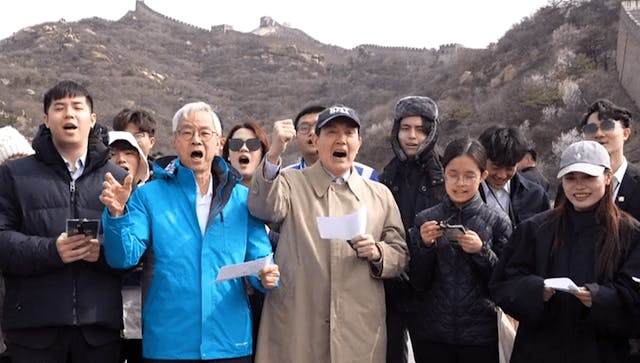
但從台灣批評馬英九訪台的人士看來,馬英九及其代表團落入了大陸方面的「統戰」保護傘之中,這種批評也許更多地反映了一些台灣民眾對與大陸更密切互動和融合的牴觸情緒。
身份政治在兩岸互動中至關重要。共同的中華文化認同與台灣認同並不衝突。這兩種身份是可以共存的,而不是像一些具有強烈本土主義和台灣身份的台灣人所看到的那樣,將它們簡單地視為零和遊戲。地方主義在台灣變得如此強大,以至於一些台灣人,也許像民進黨的核心和頑固支持者,更多地認為自己是台灣人,而不是中國人。然而,這些國民黨的支持者往往不太注重本土主義,而更注重中國文化,與大陸有更多的文化聯繫,或許還有情感聯繫。
最有影響力的中間人
第三,馬英九自4月訪問大陸後,突顯了他是最具影響力的政治中間人的角色。儘管本土主義批評者認為他是親大陸的,但他向大陸方面呼籲兩岸維持和平關係是至關重要的。如果說,人與人之間的互動,對於縮小兩岸之間的溝通鴻溝和政治分歧至關重要,那麼馬英九就是大陸與台灣之間最有影響力的中間人。
一旦台海出現危機,馬英九將很好地充當台方與大陸之間的問題解決者、牽線人、斡旋者。 如果兩岸關係緩和,馬英九也能夠將更緊密的社會文化和經濟融合,以及政治對話的想法帶到大陸,反之亦然。他的政治作用不可小覷。
第四,習近平總書記在會見馬英九時強調了反對外部勢力干預台灣事務,習近平主席在最近與美國總統拜登通電話時也強調了這一點。外國干預問題仍然是中美之間的棘手問題。有趣的是,國民黨副主席夏立言4月13日訪美期間,向美國議員表示,國民黨要「親美、友日、和陸」。夏立言的訪美,加上馬英九的訪陸,似乎都給人留下了這樣的印象:藍營仍然是大陸、台、美三角關係中最有影響力的中間人。如果大陸拒絕美國對台灣未來問題的任何干預,那麼國民黨及其前主席馬英九就有潛力成為彌合北京和華盛頓之間溝通鴻溝的關鍵政治角色。
從政治和意識形態上來說,民進黨往往比國民黨更親美、更親美、更不親大陸。國民黨的意識形態毋疑容易被大陸接受。如果國民黨意識形態在政治上為大陸所接受,那麼台灣政治中的藍營在兩岸關係中的影響力就會愈來愈大。
如果美國向台灣提供武器是保護台灣對大陸的「威懾」戰略中不可或缺的一部分,那麼提供時間和範圍很可能會成為談判的話題。據報道,習近平主席在與拜登總統通電話時提到了美國向台灣提供軍事武器問題。因此,夏立言和前主席馬英九等國民黨核心領導人很可能是對話過程中重要但被忽略的中間人,將大陸關於如何減少「外國軍事干預」的想法帶到美國方面。
不過,在可見的未來,鑑於美國國會已經投票支持對包括台灣在內的亞太地區的軍事計劃,美國對台武器供應仍將是增強台灣軍事防禦能力的「威懾」策略。
賴清德舉動還有待觀察
第五,第二次馬習會發生在台灣當選總統賴清德宣誓就職儀式前一個月左右。賴清德被大陸批評為「分裂分子」,他和他的官員將如何緩和語氣,與大陸提出雙贏的解決方案,還有待觀察。如果民進黨在短期內繼續違抗九二共識,兩岸關係將繼續不穩定。不過,如果民進黨領導層珍惜國民黨、馬英九等藍營作為兩岸中間人的重要性,那麼言辭上的緊張關係,也許會伴隨着透過海峽兩岸間接進行無聲對話的過程。
總而言之,馬英九4月訪問大陸是一個具有重大政治意義的事件,指出了兩岸在可能的對話和談判的逐步進程中實現文化聯盟的前景,充當大陸、台灣和美國之間被忽視但有影響力的中間人的可能性,夏立言等其他國民黨核心領導人,以及加速兩岸青年交流的深度和廣度的重要性。儘管如此,大陸與台灣之間建立更友好關係的政治障礙仍然存在,特別是儘管親大陸的國民黨在立法院佔據了微弱多數席位,但反大陸的民進黨仍然掌握着總統權力。可以預見,台灣政治內部將充滿持續不斷的行政立法之爭和黨派之爭,大陸因素和美國角色將比以往任何時候都更加激烈地糾纏在一起。只有時間才能告訴我們,藍營、國民黨領導人和前主席馬英九領導下,更有效的民間互動能否使大陸與台灣關係取得突破。
The second Ma-Xi Meeting and Its cultural and political implications
The 11-day mainland journey of the former Kuomintang President Ma Ying-jeou, who eventually met Chinese President Xi Jinping in Beijing on April 11, had important cultural and political implications for cross-strait relations shortly before the swearing-in ceremony of the new Taiwan leader William Lai on May 20.
Ma’s visit in April 2024 was meticulously planned and carefully orchestrated one year after his first mainland 12-day visit in March 2023. On April 1, 2024, Ma arrived at Shenzhen and was greeted by Pan Xianzhang, a vice director of the mainland’s State Council Taiwan Affairs Office (TAO). On the same night, Ma attended a dinner hosted by TAO director Song Tao – an indication that the mainland side treated his visit as of high importance. Song remarked that the comrades of the two straits are Chinese who must insist on the principles of supporting the 1992 consensus (both sides accept that there is only one China with its meaning up to their interpretations), opposing “Taiwan independence” and rejecting foreign intervention. Furthermore, Song added that the two straits should promote not only cooperation and exchange in various areas but also the culture and welfare of the people. He stressed the importance of propelling the process of reunification and the renaissance of the Chinese nation – similar messages that later President Xi reiterated in the apex of Ma’s visit to the mainland on April 11.
Ma and his delegation, including many young Taiwan people, were arranged to visit technological giants like DJI Technology, Tencent and BYD and historical sites, like the former residence of Sun Yat-sen, the Whampoa Military Academy, a museum commemorating the second Sino-Japanese war, and the Great Wall. On April 4, Ma and his entourage, after visiting Zhongshan, Zhuhai and Guangzhou, went to attend a large-scale and impressive ceremony of honouring Huangdi, or Yellow Emperor, in Shaanxi province. Ma was accompanied by Song Tao and the host in the ceremony referred to Ma as the former chairman of the Chinese Nationalist Party – a formal and political respect conferred upon him. After the ceremony, Ma and his delegation visited the Ma Yuan Memorial Temple, Ma Yuan Tomb, Famen Temple, Xian City Wall, Emperor Qinshihuang’s Mausoleum Site Museum, the Xian branch of China National Archives of Publications and Culture, and the Shaanxi History Museum.
If political symbolism embraces the historical meanings of the sites of cultural visits, Ma’s visit to the various cultural and historical places in the mainland represented a strong and powerful appeal to cultural affinity and union across the two straits. These cultural visits preceded the highlight of Ma’s visit – his meeting with Xi in Beijing.
His meeting with the Chinese Communist Party’s General Secretary Xi Jinping, as reported in the mainland media, was an apex of Ma’s visit. General Secretary Xi’s remarks were summed up in five points. First, Xi said that the comrades across the two straits are Chinese, and as such, there is no grudge that cannot be resolved. Xi added that both sides can discuss all kinds of issues and that no force can separate the two sides. Second, according to Xi, systemic differences cannot change the objective reality that the two straits belong to one country and one nation. Third, Xi remarked that the Chinese nation has a common belief that the territory cannot be separated, that it cannot be chaotic, that its nationality cannot be divided, and that its civilization cannot be terminated. Fourth, the comrades from the two straits are belonging to one family, and therefore they should have frequent and much closer interactions as with the situation of relatives. Fifth, Xi hoped that the young people across the two straits should learn from each other, become friends and partners with similar mindset in their historical path of walking and running together in which their torch will be received with the youthful force of realising the Chinese renaissance (Wen Wei Po, April 11, 2024, p. A4).
Ma responded to Xi’s remarks in a “diplomatic” tone, although he did not have an official capacity. He said: “I sincerely hope that both sides can respect the values and ways of life of their peoples.” To Ma, given the recent tensions between the two straits that triggered a sense of insecurity among some people in Taiwan, both sides should have “the wisdom to handle their disputes peacefully.” Otherwise, any conflict would become “unbearable to the Chinese nation.” Ma’s anti-conflict message was conveyed quite effectively to the mainland side, while his visits focused on cultural affinity and oneness. Ma at one point referred to Taiwan as the Republic of China in the slip of his tongue (Ming Pao, April 11, 2024, p. A14).
The cultural and political implications of the Ma visit are significant.
First, both Ma and Xi emphasised cultural oneness, with the implication that both sides can and should consider forming a cultural union at some stage in the future, even if political differences may linger on both sides of the political leadership. The theme of cultural oneness ran through Ma’s visit from April 1 to 12 – a theme that was also emphasised by the mainland officials during their meetings with Ma and his delegation.
If the mainland side’s White Paper on the Taiwan Question (2022) mentioned a stage-by-stage process of negotiation with the Taiwan side in the future, the formation of a Chinese cultural union can arguably be considered by both sides, regardless of whether the political differences across the two straits can be narrowed, minimised, and solved eventually.
Second, the exchange of youth is a main theme of Ma’s visit this time. Following the visit of Ma and his delegation to the mainland, it is reported in Taiwan that Hung Hsiu-chu, the former vice chairwoman of the Kuomintang, will lead a large delegation of Taiwan youth to the mainland in August.
Youth exchange can and will indeed foster deeper understanding not only among the young people of the two straits, but also the Taiwan people’s appreciation of mainland China’s profound socio-economic and technological transformations. Culturally speaking, the identity of those Taiwan youths who interact more with the mainlanders will hopefully develop their stronger Chinese cultural identity, as with the mainland youth. The shared common cultural identity will hopefully in the long run maintain the historical bonding of the two straits.
However, from the perspective of the Taiwan critics of the Ma visit, Ma and his delegation fell into the “united front” umbrella of the mainland side – a criticism that reflected perhaps more on the resistance of some Taiwan people to closer interactions and integration with the mainland than the political “vulnerability” of Ma and his delegates.
Identity politics matter in the interactions between the two straits. The shared Chinese cultural identity and the Taiwan identity are not in conflict with each other. Both identities can arguably coexist instead of viewing them simplistically as a zero-sum game, as some Taiwan people with a very strong localist and Taiwanese identity see it. Localism has become so strong in Taiwan that some Taiwanese, perhaps like the core and diehard supportive of the Democratic Progressive Party (DPP), see themselves more as Taiwanese rather than as Chinese. Those supporters of the Kuomintang, however, tend to be less localist and more Chinese culturalist, having more cultural and perhaps emotional linkages with the mainland.
Third, the role of Ma Ying-jeou as the most influential political middleman has become prominent since his visit to the mainland in April. Regardless of the localist critics seeing him as being pro-mainland, his appeal to the mainland side for peaceful relations across the two straits is of utmost importance. If people-to-people interactions are of utmost importance in bridging the communication gap and narrowing the political differences between the two straits, Ma Ying-jeou is standing out as the most influential intermediary between the mainland and Taiwan.
In the event of any crisis across the Taiwan Strait, Ma Ying-jeou will be well positioned to act as a problem-solver, go-between and mediator between the Taiwan side and the mainland. In the event of a less tense relationship between the two straits, Ma will also be able to bring the ideas of closer socio-cultural and economic integration and political talks to the mainland side, or vice versa. His political role cannot be underestimated.
Fourth, during General Secretary Xi’s meeting with Ma, the former emphasised the undesirability of foreign intervention in Taiwan affairs – a point that was also stressed by President Xi Jinping in his most recent phone meeting with US President Joe Biden. The question of foreign intervention remains a thorny issue between China and the US. Interestingly, during the Kuomintang (KMT) vice chairman Andrew Hsia’s visit to the US on April 13, he told the US legislators that the KMT wants to show affinity towards the US, pursue friendship with Japan and maintain peaceful relations with China (Taipei Times, April 14, 2024). Hsia’s visit to the US, together with Ma’s visit to the mainland, appeared to project an image that the blue camp remains the most influential intermediary in the mainland-Taiwan-US triangular relations. If the mainland rejects any US intervention in the question of Taiwan’s future, then the KMT and its former president Ma Ying-jeou have the potential to become a key political player bridging the communication gap between Beijing and Washington.
Politically and ideologically speaking, the DPP tends to be more far pro-US, far more pro-Japanese and far less pro-mainland than the KMT. The KMT’s ideology tends to be undoubtedly more acceptable to the mainland. If the KMT ideology is politically acceptable to the mainland, the blue camp in Taiwan politics becomes increasingly influential in cross-strait relations.
If the provision of weapons from the US to Taiwan is an indispensable part of the “deterrence” strategy to protect Taiwan vis-à-vis the mainland, such provision in terms of timing and scope would quite likely become a bargaining topic in the event of any dialogue between the two straits. It was reported that President Xi Jinping brought up the issue of US provision of military weapons to Taiwan in his phone talks with President Biden. As such, it is likely that the KMT core leaders, such as Andrew Hsia and former leader Ma Ying-jeou, would perhaps be the important but neglected middlemen bringing the mainland ideas of how to reduce “foreign military intervention” to the US side, especially in the event of a stage-by-stage process of dialogue between the mainland and the Taiwan sides in the future.
However, in the foreseeable future, given the US Congress has already voted a bill in support of military packages to the Asia-Pacific region, including Taiwan, the supply of US weapons to Taiwan will remain the “deterrence” strategy bolstering Taiwan’s military defensive capability.
Fifth, the second Ma-Xi meeting came at a time just about one month before the swearing-in ceremony of president-elect William Lai in Taiwan. Lai has been criticised by the mainland as a “separatist” and it remains to be seen how he and his officials will moderate their tone and come up with a win-win solution with the mainland. If the DPP remains defiant toward the 1992 consensus in the short run, cross-strait relations will remain rocky. However, if the DPP leadership cherishes the importance of the blue camp, such as the KMT and Ma Ying-jeou, as the intermediary across the two straits, the tense relations in rhetoric would perhaps be accompanied by a silent process of dialogue indirectly through the influential middlemen.
In conclusion, Ma Ying-jeou’s visit to the mainland in April was a politically significant event, pointing to the prospect of a cultural union between the two straits in a stage-by-stage process of possible dialogue and negotiation, the likelihood of acting as a neglected but influential intermediary between the mainland-Taiwan-US sides, together with other KMT core leaders such as Andrew Hsia, and the importance of accelerating the depth and breadth of youth exchange across the two sides. Having said that, political obstacles to a more cordial relationship between the mainland and Taiwan side persist, especially as the anti-mainland DPP remains in presidential power even though the pro-mainland KMT has controlled a slight majority of seats in the Legislative Yuan. It can be anticipated that Taiwan politics will be internally riddled with constant executive-legislative struggles and partisan debates in which the mainland factor and the US role will be entangled together in a far more contentious manner than ever before. Only time will tell us whether a breakthrough in mainland-Taiwan relations will perhaps be made by more effective people-to-people interactions led by the blue camp, the KMT leaders and the former president Ma Ying-jeou.
原刊於澳門新聞通訊社(MNA)網站,本社獲作者授權轉載。原文網址:https://tinyurl.com/3emx3efz



